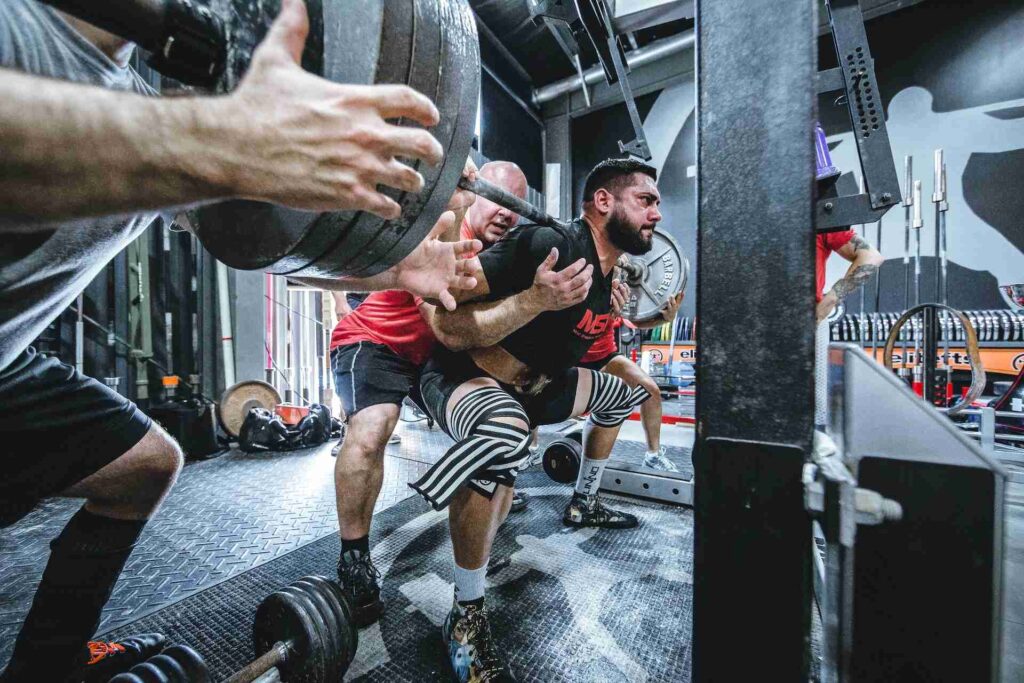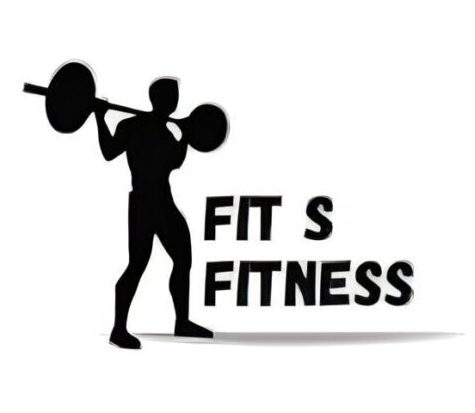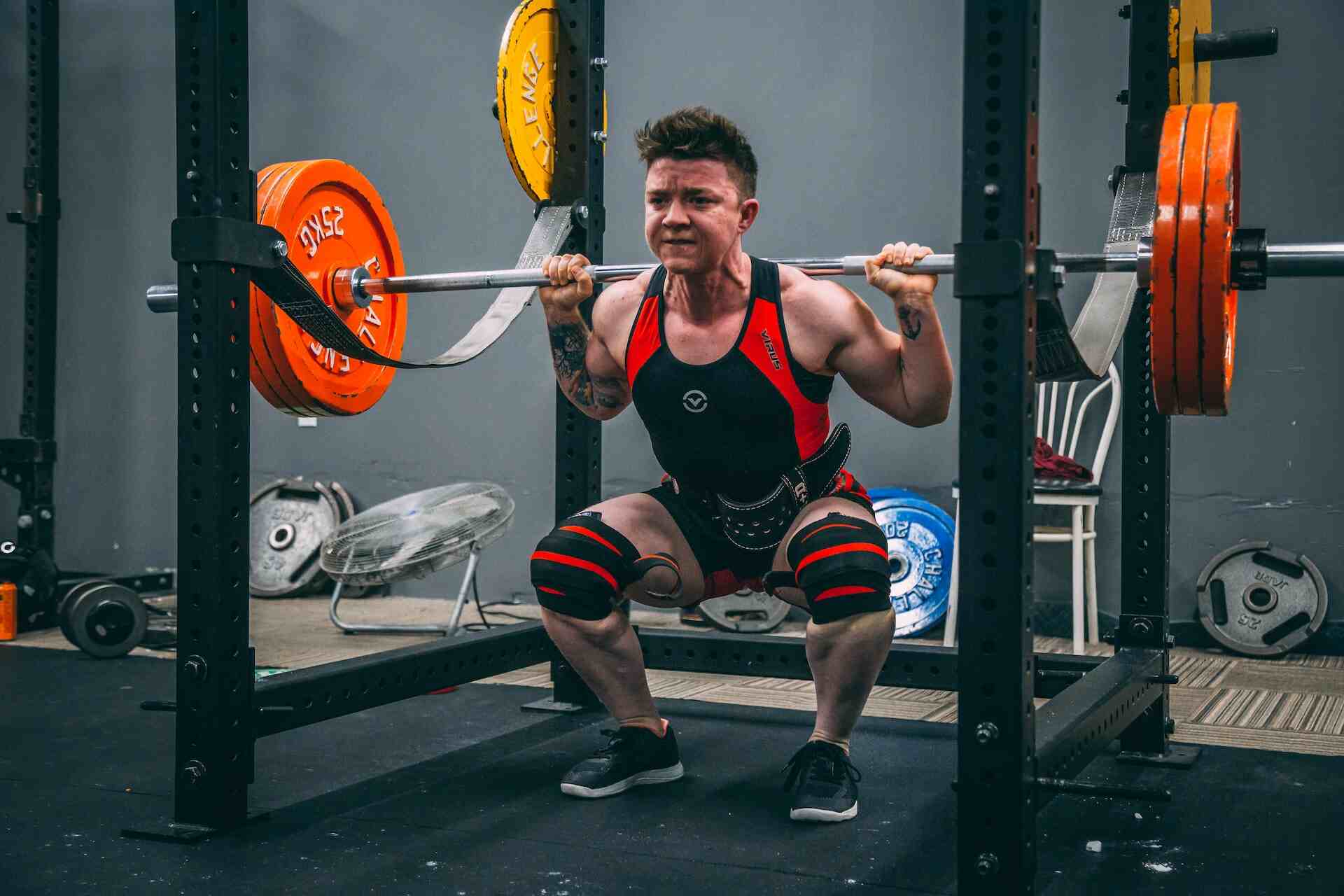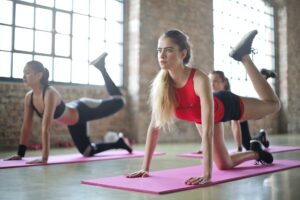Introduction
In our quest for fitness, it’s important to approach it holistically. Total fitness goes beyond just physical strength and stamina. It involves nurturing the mind, enhancing flexibility, and pushing ourselves through hard training. By combining mindfulness, flexibility, and hard training, we can achieve optimal results and truly transform our bodies and minds. In this guide, we will explore the concepts of total fitness and provide you with practical tips to incorporate mindfulness, flexibility, and hard training into your fitness routine. Let’s get started on this transformative journey!
Understanding Total Fitness
Total fitness is a comprehensive approach to physical and mental well-being. It encompasses not only physical strength and endurance but also mental clarity, emotional balance, and spiritual connectedness. It is about achieving a harmonious balance between the body, mind, and soul. Total fitness recognizes that all these aspects are interconnected and equally important for optimal health and performance.
The Benefits of Total Fitness
Embracing total fitness offers a wide range of benefits that positively impact all areas of your life. Some of the key benefits include:
- Improved Physical Health: Total fitness helps build strength, endurance, and cardiovascular health, reducing the risk of chronic diseases and enhancing overall physical well-being.
- Mental Clarity and Focus: By incorporating mindfulness practices, total fitness improves mental clarity, focus, and decision-making abilities.
- Emotional Well-being: Total fitness promotes emotional balance, reduces stress, and enhances overall mood and well-being.
- Increased Flexibility and Mobility: Incorporating flexibility training into your fitness routine improves joint mobility, reduces the risk of injuries, and enhances overall movement quality.
- Enhanced Performance: Total fitness maximizes athletic performance and functional abilities, enabling you to excel in various activities and sports.

Mindfulness: The Key to a Balanced Fitness Routine
Mindfulness involves being fully present in the moment and cultivating awareness of your thoughts, feelings, and bodily sensations. Incorporating mindfulness into your fitness routine can have profound effects on your overall well-being. Here’s how mindfulness can benefit your fitness journey:
- Enhanced Focus: Mindfulness practices, such as meditation or mindful breathing, can improve focus and concentration during workouts, allowing you to get the most out of each session.
- Stress Reduction: Mindfulness helps reduce stress levels by promoting relaxation and reducing the impact of external distractions. This allows you to approach your fitness routine with a calm and clear mind.
- Body-Mind Connection: Mindfulness practices foster a deeper connection between your mind and body, enabling you to listen to your body’s cues and respond intuitively. Injuries can be avoided and performance can be improved.
- Improved Recovery: Mindfulness techniques, such as body scans or progressive muscle relaxation, promote relaxation and facilitate faster recovery after intense workouts.
Flexibility: Unlocking Your Body’s Potential
Flexibility training is an integral part of total fitness. It focuses on improving the range of motion in your joints and muscles. Here’s why flexibility is essential for optimal fitness:
- Injury Prevention: Flexibility training helps improve joint mobility and muscle flexibility, reducing the risk of injuries during physical activity.
- Enhanced Performance: Increased flexibility allows for greater movement efficiency and range of motion, leading to improved athletic performance and functional abilities.
- Improved Posture: Flexibility exercises, especially for tight muscles, can correct postural imbalances and promote better alignment.
- Muscle Recovery: Incorporating stretching exercises into your fitness routine helps relax and lengthen muscles, relieving muscle tension and aiding in post-workout recovery.
Hard Training: Pushing Your Limits for Maximum Results
Hard training is the cornerstone of total fitness. It involves pushing your physical and mental limits to achieve optimal results. Here’s why hard training is crucial for your fitness journey:
- Strength and endurance: Hard training builds muscular strength and endurance, allowing you to perform challenging physical tasks more effectively.
- Cardiovascular Health: Intense cardiovascular workouts, such as high-intensity interval training (HIIT), improve heart health and boost overall cardiovascular endurance.
- Mental Resilience: Pushing through challenging workouts builds mental resilience and fosters a “never give up” attitude, which translates into other areas of life.
- Progress and Results: Hard training stimulates muscle growth, fat loss, and overall physical transformation, helping you achieve your fitness goals.

Combining Mindfulness, Flexibility, and Hard Training
To achieve total fitness, it’s essential to integrate mindfulness, flexibility, and hard training into your fitness routine. Here’s how you can combine these elements effectively:
- Warm-up Mindfully: Begin your workout with a mindful warm-up, focusing on your breath and body sensations. This prepares your mind and body for the upcoming physical challenges.
- Incorporate Flexibility Exercises: Integrate stretches and mobility exercises throughout your workout to improve flexibility and prevent muscle imbalances.
- Mindful Strength Training: Approach strength training exercises with mindfulness, focusing on the quality of movement, muscle activation, and mind-body connection.
- Interval Training with Awareness: During high-intensity intervals, remain mindful of your breathing, heart rate, and physical sensations. This enhances your ability to push through challenging moments.
- Cooling Down with Mindfulness: End your workout with a mindful cool-down, allowing your body to recover and relax. Perform gentle stretches and focus on deep breathing.
Designing Your Total Fitness Routine
Creating a total fitness routine requires careful planning and consideration. Here are some guidelines to help you design an effective routine:
- Set clear goals: define your fitness goals and align your routine accordingly. Whether it’s building strength, improving flexibility, or enhancing overall well-being, be specific about what you want to achieve.
- Balance Different Training Modalities: Incorporate a mix of cardiovascular exercises, strength training, flexibility training, and mindfulness practices to ensure a well-rounded routine.
- Gradually Increase Intensity: Progressively challenge yourself by increasing the intensity and complexity of your workouts. This fosters ongoing improvement and prevents plateaus.
- Allow for Rest and Recovery: Schedule rest days and prioritize recovery activities, such as foam rolling, stretching, and adequate sleep. This allows your body to repair and rebuild, preventing overtraining and injuries.
- Seek Professional Guidance: Consult with a fitness professional or personal trainer to design a customized total fitness routine that suits your individual needs and goals.
Tips for Staying Motivated and Consistent
Maintaining motivation and consistency is key to achieving long-term total fitness. Here are some tips to help you stay on track:
- Set realistic expectations: Set achievable short-term goals that align with your long-term vision. Celebrate small victories along the way to stay motivated.
- Find Accountability: Partner up with a workout buddy or join fitness communities to hold yourself accountable and stay motivated.
- Mix Up Your Routine: Keep your workouts interesting by incorporating variety. Try new exercises, explore different fitness classes, or engage in outdoor activities to prevent boredom.
- Track Your Progress: Keep a fitness journal or use tracking apps to monitor your progress. Seeing how far you’ve come can boost motivation and provide a sense of accomplishment.
- Practice self-compassion: Be kind to yourself and acknowledge that progress takes time. Embrace setbacks as learning opportunities and focus on the overall journey rather than perfection.
Conclusion
Total fitness encompasses more than just physical strength and endurance. By integrating mindfulness, flexibility, and hard training into our fitness routines, we can achieve optimal results and transform our bodies and minds. Mindfulness enhances focus and reduces stress, flexibility improves movement quality and prevents injuries, and hard training builds strength and endurance. Designing a well-rounded total fitness routine requires setting clear goals, balancing different training modalities, and allowing for rest and recovery. Stay motivated, stay consistent, and embrace the journey towards total fitness. Start today and unlock your body’s full potential!




